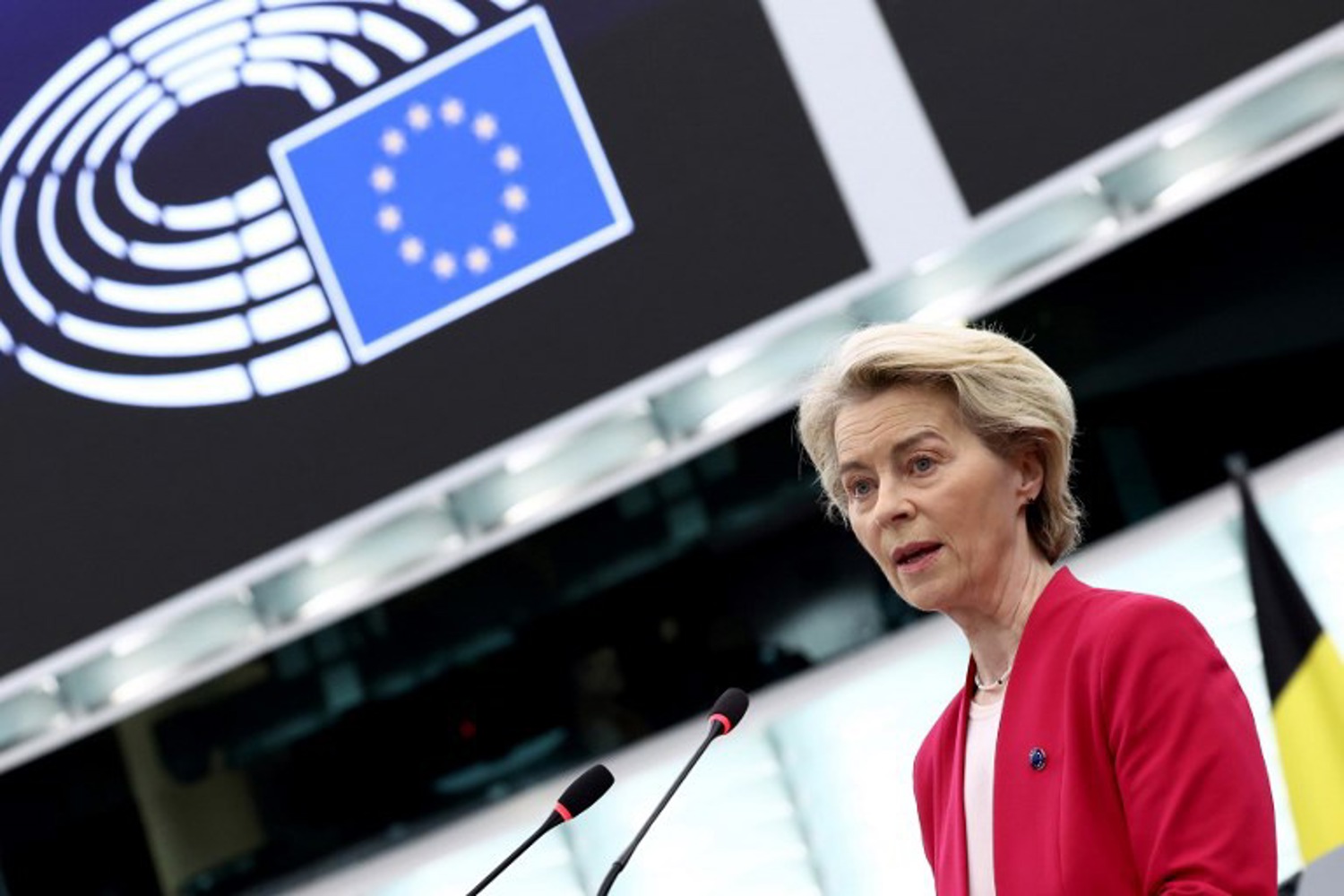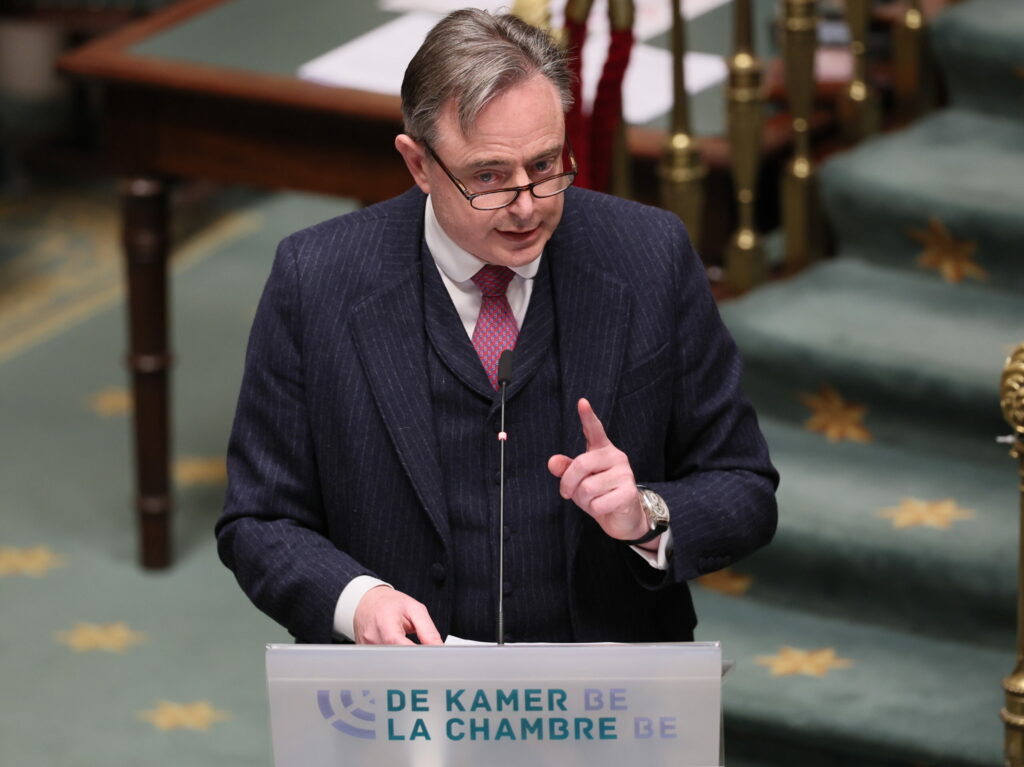The EU's Rearm Europe Plan of €800 billion contains "no free money," said Belgium's Prime Minister Bart De Wever in the Federal Advisory Committee for European Affairs on Wednesday.
De Wever is not convinced that it would be interesting for Belgium to take out European loans to finance its increase in defence expenditure. "We still have to make decisions, but my first impression is leaning towards no."
As part of its armaments plan Rearm Europe, the European Commission proposes to borrow €150 billion on the financial markets to give the Member States more clout to invest in defence. With the European budget as a guarantee, it can obtain favourable credits in the long term, but ultimately it is the Member States that have to repay the loans.
'How not to deal with money'
"For countries with a bad rating, it may be interesting to take out a loan, but that is all it is," De Wever said in the Advisory Committee. "Is that interesting for us? I do not know. We still have to make decisions, but my first impression is leaning towards it not being interesting for Belgium to take out loans."
He gave as a personal reflection that the European Covid-19 recovery fund from 2020 showed "how not to deal with money". At that time, country leaders also decided to borrow money at the European level and to pay it out partly as subsidies to the Member States, but five years later there is still no agreement on new European income to repay those loans.
"If that agreement is not there, it means that there will be debts at the European level that will have to be financed with debts. Then Europe will start to look very much like our country, and I do not know if the Europeans are waiting for that," De Wever said. "It also threatens to unleash centrifugal forces."

European Commission President Ursula von der Leyen in Strasbourg on 11 March 2025. Credit: Belga / Frederick Florin / AFP
Rearm Europe also offers the so-called escape clauses. These give Member States the opportunity to invest more in defence, without the Commission including that expenditure in its calculation of the country's national budget deficit. President Ursula von der Leyen estimates that this proposal could trigger up to €650 billion in additional defence spending.
However, De Wever warned again that this pillar of the European plan does not amount to "free money" to invest in defence. "It is an invitation to the Member States to spend more, but no more than that. For countries with a large deficit like ours, a euro remains a euro. Just because Europe is flexible does not mean that the deficit does not exist."
In the Federal Advisory Committee, De Wever looked ahead to the European summit on Thursday, where the strengthening of European defence is again on the agenda.
'Ready to step up'
On Wednesday, the European Commission unveiled the White Paper for European Defence and the ReArm Europe Plan/Readiness 2030. It called it "an ambitious defence package providing financial levers to EU Member States to drive an investment surge in defence capabilities."
The plans aim to respond to the short-term urgency of supporting Ukraine, but also to address the pressing long-term need to boost Europe's security and defence.
"The era of the peace dividend is long gone. The security architecture that we relied on can no longer be taken for granted. Europe is ready to step up," said von der Leyen. "We must invest in defence, strengthen our capabilities, and take a proactive approach to security."
With this plan, the Commission is taking "decisive action" and presenting a roadmap with increased defence spending, important investments in European defence industrial capabilities. "We must buy more European. Because that means strengthening the European defence technological and industrial base. That means stimulating innovation. And that means creating an EU-wide market for defence equipment."

